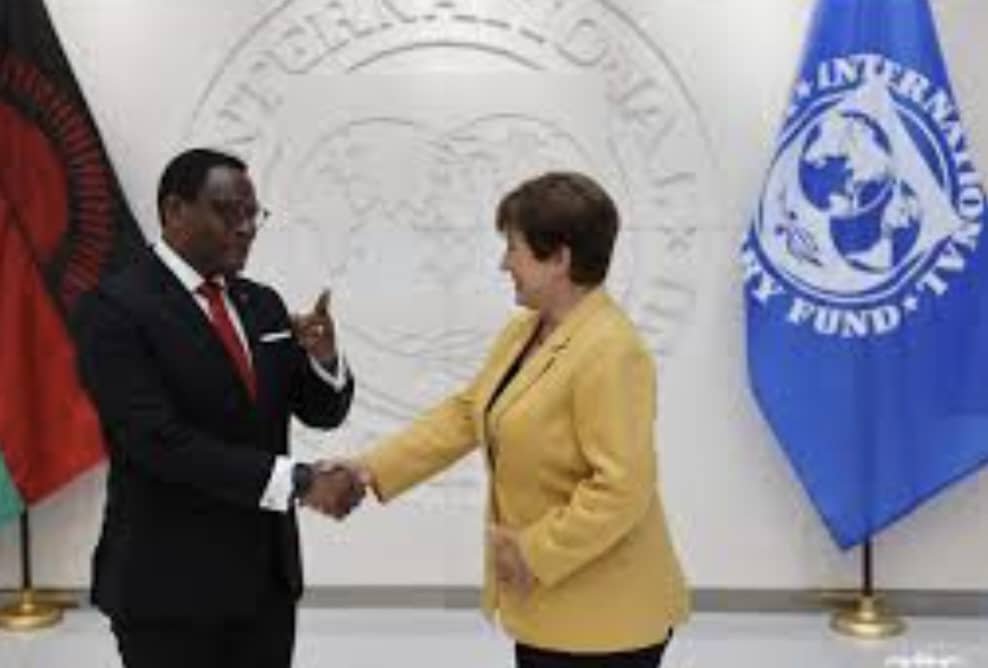By Linda Kwanjana
Malawi President Dr Lazarus Chakwera will on Tuesday meet International Monetary Fund (IMF) Deputy Director Ms Gita Gopinath.
A statement which the State House has released indicates that the two will hold discussions on various issues at Kamuzu Palace on Tuesday, 5th September 2023.
“Ms. Gita comes to Malawi to appreciate first hand the challenges facing the economy in the face of recent external shocks, as well as to hear directly from His Excellency about Malawi’s development priorities and reform programme that require support from the IMF.
“She will also hold discussions with officials from the Ministry of Finance and Economic Affairs and the Reserve Bank of Malawi on the Extended Credit Facility Programme. His Excellency warmly welcomes Ms. Gita’s visit to Malawi and the IMF’s commitment to Malawi’s economic progress that this high-level visit represents,” reads the statement.

Recently the IMF Board meeting in Washington approved Malawi’s First Review Under the Staff Monitored Programme with Executive Board Involvement, which was entered into last November.
The board’s approval follows an IMF Mission Team that visited Malawi between May 16 and 22 this year, which rated Malawi’s performance under the program based on end-December 2022 targets as mixed.
Finance Minister Sosten Gwengwe was quoted saying Malawi now awaits a second IMF assessment in September which would determine the country’s readiness for an Extended Credit Facility programme with the Fund.
The Executive Board of the International Monetary Fund (IMF) discussed the first review of the Staff-Monitored Program with Executive Board Involvement (PMB) for Malawi.
IMF acknowledged that Malawi has been affected by a series of shocks— including an outbreak of cholera and Cyclone Freddy, which caused significant loss of life and damage to infrastructure—since the approval of the PMB on November 11, 2022.
In this context, growth has been weaker and inflation higher than expected. The fiscal deficit in FY2022/23 (April/March) was larger than expected at the time of the PMB. Meanwhile, external strains—including shortage of foreign exchange, difficulties securing trade credit, and a widening spread between official and bureau exchange rates—have heightened.
Despite a sharp reduction in the current account deficit, accumulation of foreign exchange reserves has been slower than expected, implying an increase in informal trade.
Cyclone Freddy has weighed on the outlook for 2023 and led to a lower growth forecast and a higher inflation forecast. Key downside risks include slippages in program implementation, delays in the ongoing external debt restructuring process, and further external shocks.
Performance under the PMB has been mixed, but the authorities are addressing challenges and continue to commit to the PMB’s agreed macroeconomic adjustment path and policy reforms.
IMF says authorities are taking corrective actions necessary to demonstrate their capacity to implement the agreed macroeconomic adjustment and reforms, as well as to build the policy track record needed to support their prospective request for an Extended Credit Facility (ECF) arrangement.
“Steadfast implementation of and unwavering commitment to this Staff-Monitored Program with Executive Board Involvement (PMB) will be critical to restore macroeconomic stability and establish a track record to support a prospective request for an Extended Credit Facility (ECF) arrangement,” said the IMF.


